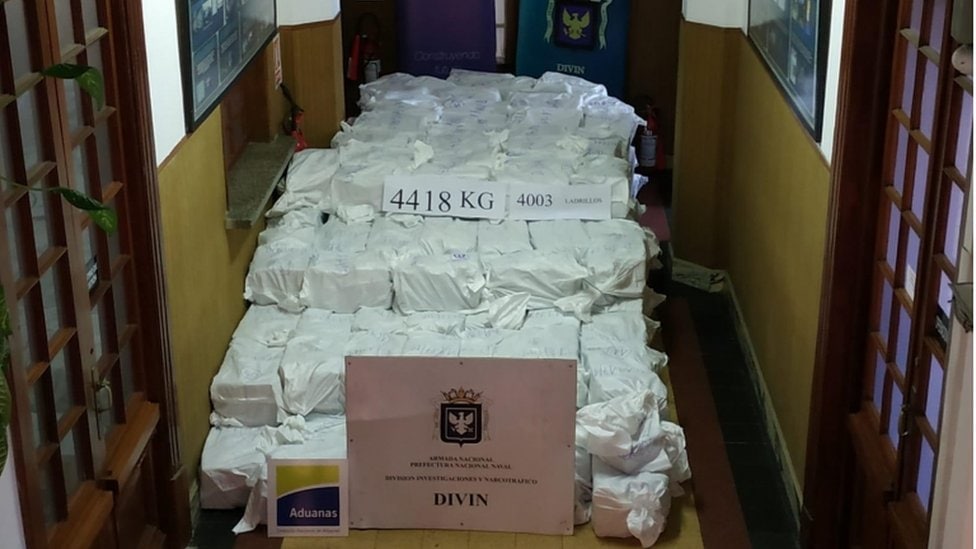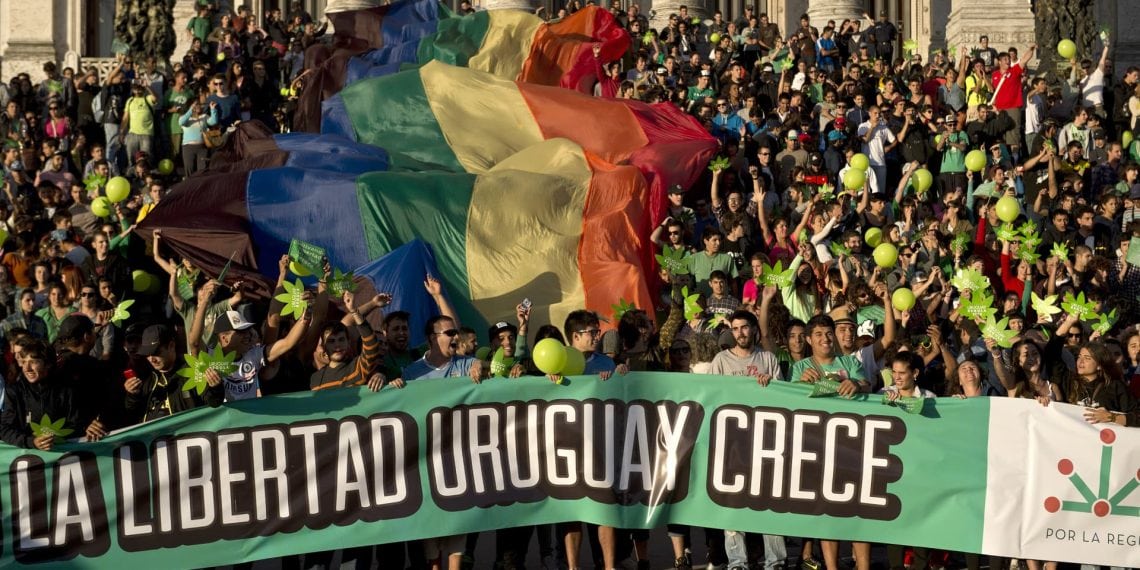Uruguay’s port received two cargo scanners sixteen years ago to detect drugs, yet one fell into the sea during delivery. Since then, cocaine shipments through Montevideo surged, hitting a record 1.1 million containers last year. Gang violence soared, tarnishing Uruguay’s stability.
The U.S. DEA closed its Montevideo office in 2019, straining anti-drug efforts. Despite Uruguay’s requests, there are no plans for the DEA’s return, citing a focus on fentanyl over cocaine.
European nations, major cocaine recipients, lack a significant anti-drug presence in Uruguay. Spain is the only European country with a permanent police attache in Montevideo.
Uruguay’s battle against drug gangs intensified. In 2018, a record 426 murders shook the nation. President Lacalle Pou faces criticism over his government’s security record ahead of the October elections, with calls for military intervention.
The previous leftist government’s complacency exacerbated the crisis. Authorities denied the scale of cocaine trafficking through the country, even as seizures surged over 1,300% since 2017.

A lack of DEA presence worsened information sharing, with strained U.S.-Uruguayan ties. Despite challenges, Uruguay remains desperate for U.S. aid and expertise, unable to access counter-narcotics donations due to its high-income status.
The DEA’s exit followed frustrations with local cooperation and limited U.S. interest in Uruguay’s cocaine trade, particularly as drugs mainly target European markets.
Collaboration struggles persist, with European nations underrepresented in combating trafficking. Lack of international cooperation exacerbates Uruguay’s fight against cocaine smuggling, leaving the nation isolated in its battle against drug cartels.




